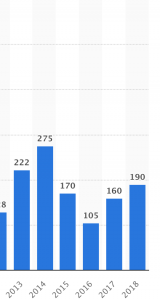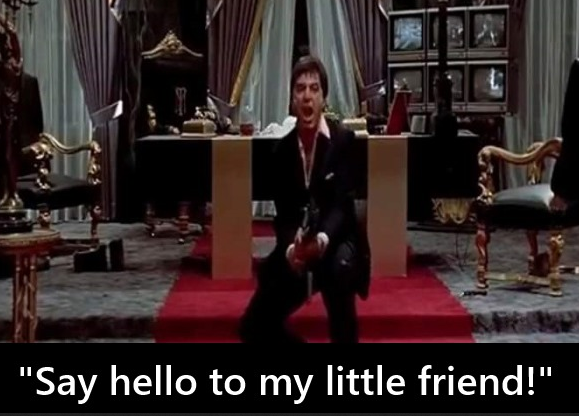Facebook is being sued for antitrust violations and AGs in most of the states have signed on. According to the Chicago Tribune, “Lawmakers of both major parties are also calling for stronger oversight of Facebook and other tech industry giants. They argue that the companies’ massive market power is out of control, crushing smaller competitors and endangering consumer privacy and choice. Facebook insists that its services provide useful benefits for users and that complaints about its power are misguided… The FTC and the Justice Department reportedly have been investigating Amazon and Apple, respectively…and Justice Department prosecutors are pursuing a separate antitrust case against Google, one that mirrors its case against Microsoft 20 years ago. Microsoft lost that one, although it escaped a breakup when an appellate court disagreed with the trial judge’s order.”
Om Malik published this piece (My advice to the attorney generals: It’s not about Zuck) and we agree. His point: the Microsoft case didn’t help much in reining in the company. “I would argue that they are doing what they have always done – using their market size as a moat and expanding into new markets. We don’t realize it just yet. Today, they control two major professional networks that will have as big, if not more, significant impact on society in the future — GitHub and LinkedIn…
“My view is that it is okay for these companies to continue and buy younger companies, but they should be restricted to only buying companies that enhance their core and not allowed to buy into new markets. For example, Facebook should not have been allowed to buy Instagram or WhatsApp… In a previous article for The New Yorker, I pointed out, “This loop of algorithms, infrastructure, and data is potent. Add what are called network effects to the mix, and you start to see virtual monopolies emerge almost overnight…”When it comes to Facebook, I wrote, “The more we use it, the more data we give the company, and the more it is able to control where we turn our attention.” Facebook, as a result, “thanks to this loop of algorithms, infrastructure, money, and data, is a winner-takes-all company. Read More...









